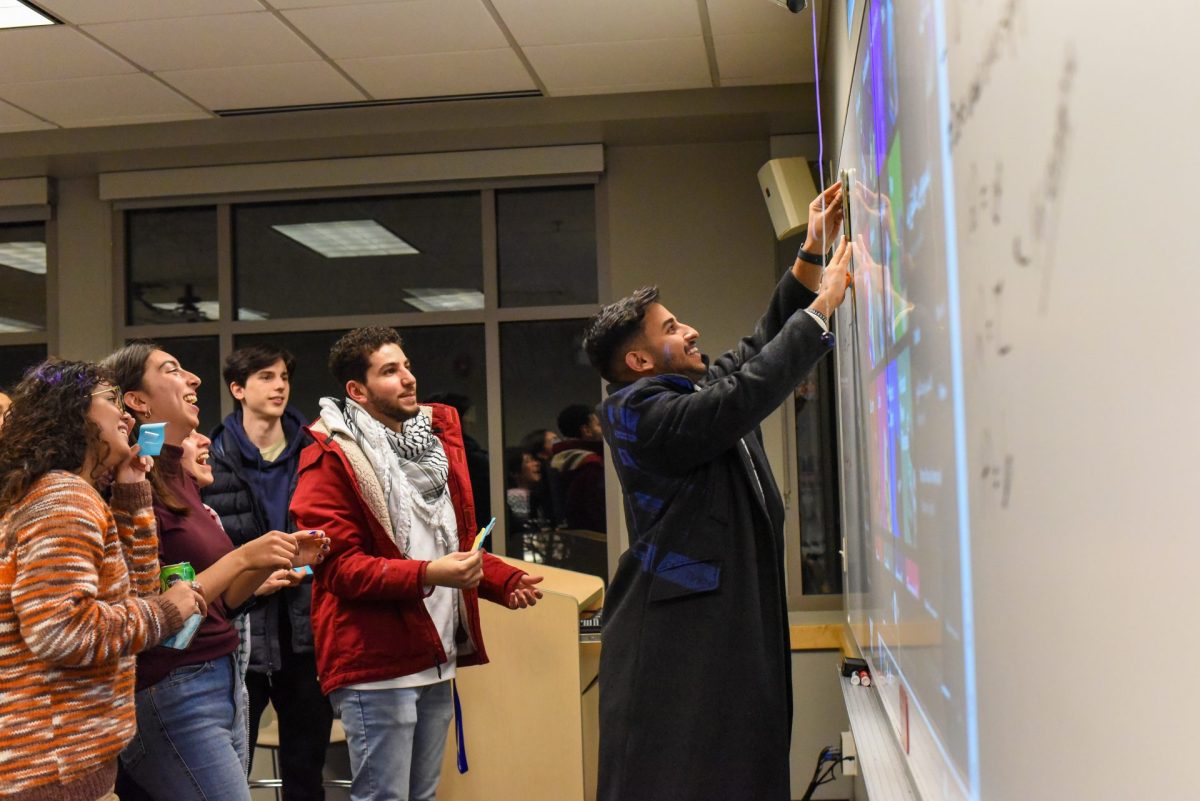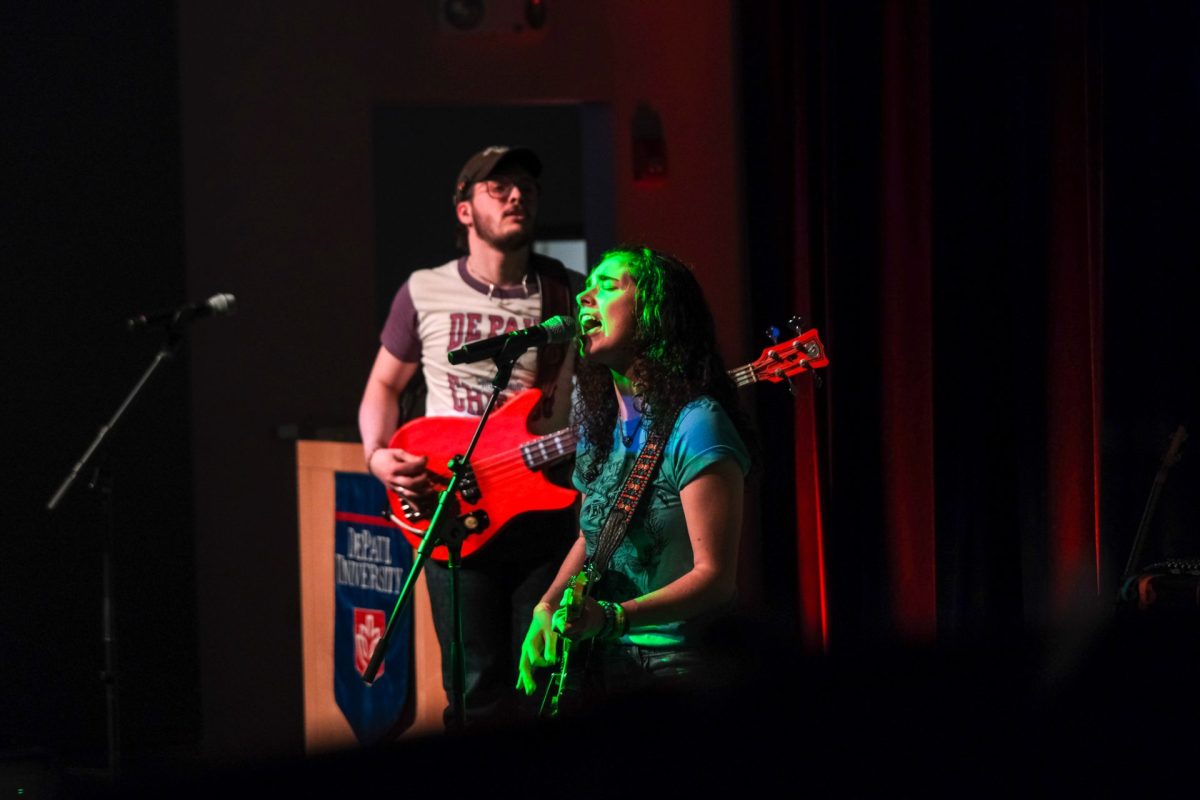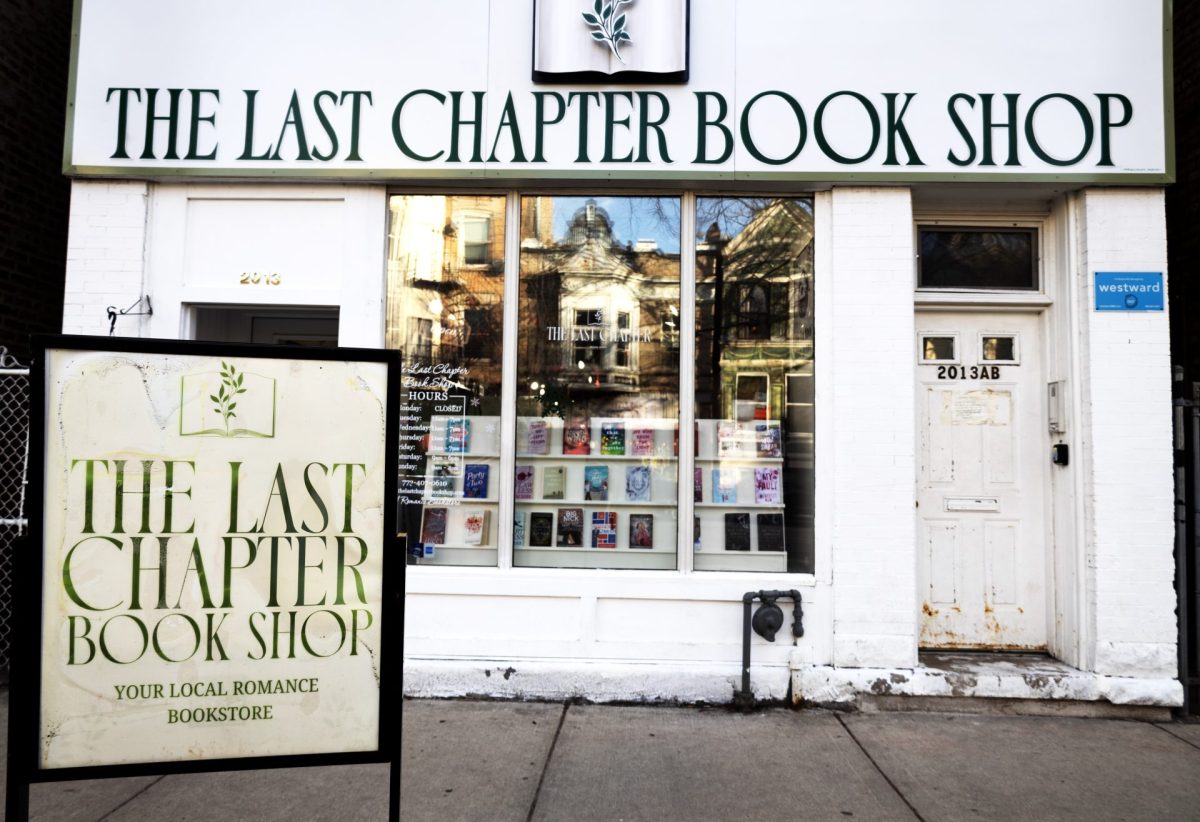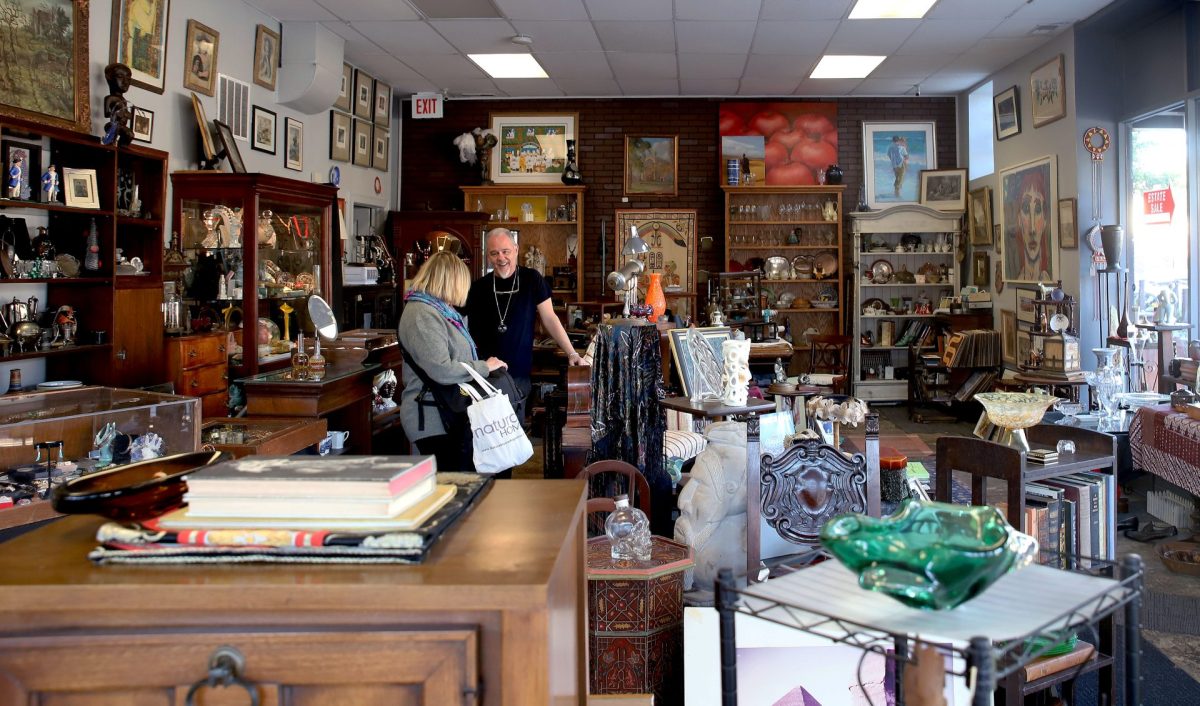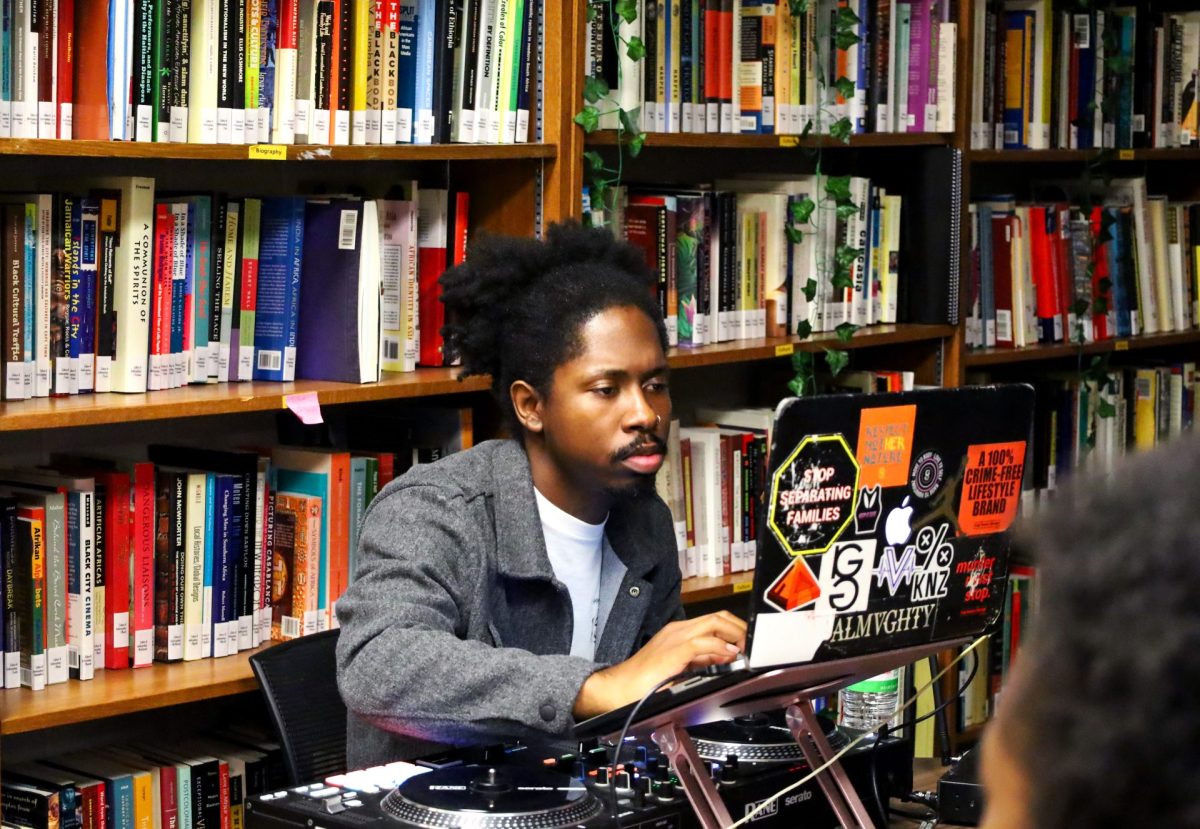“Zaytoun” in Arabic and “Aceituna” in Spanish means olive. Just like “Zaytoun” and “Aceituna,” many words in Arabic and Spanish share the same meaning, sounds and identities, creating a language concurrently.
DePaul’s Zaytoun Aceituna Intercultural Dialogue Club (ZAID) aims to create a space for DePaul’s Arabic and Spanish-speaking students to create community through intercultural exchanges.
“I found that putting myself into a singular community was very restrictive, and there’s so much that we all have in common with each other,” co-president of ZAID María-Jose Leme said. “It’s important to not let yourself just be what they tell you you are.”
Leme had the idea to start ZAID after attending a Students for Justice in Palestine (SJP) event teaching a traditional Palestinian dance where she noticed the similarities between salsa.
“I was hanging out with Palestinian, Arab descent students and personally, I’m Latina but I see that there’s lots of connections between the cultures that we all have,” Leme said.
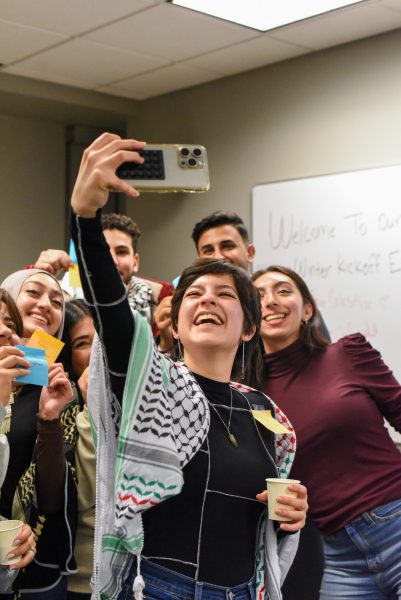
At the first winter quarter meeting on Jan. 16, students enjoyed traditional Palestinian tea, ate food and played games. A word-matching game included post-its on chairs for students to match similar Arabic and Spanish words, connecting the two alike yet different languages.
ZAID are not the only words that share commonalities as approximately 4,000 Spanish words amounting to 8% of the language in total were originally derived from Arabic. This linguistic relationship began in 711 AD when the Arab and Berber people (otherwise known as Moors) of North Africa conquered the Iberian Peninsula, ruling the land for 800 years as language and culture became intertwined, according to ReDefiners.
“It’s nice having a space where you can meet people from different cultures and countries and realize that you’re more similar than you thought,” DePaul sophomore and attendee Majorie Ortega said.
Many students wore the traditional Palestinian keffiyeh, a symbol of Palestinian solidarity.
For many international students and first-generation students, feeling a sense of home on campus is vital. ZAID was started to make students feel safe and that they are similar to peers across cultures.
“It’s okay to have a club just for culture,” sophomore and attendee Angela Hernandez said. “There’s a lot of international students and students that are first generation here so this kind of makes a sense of home and community.”
According to DePaul’s 2023 freshman cohort of 2,943 students, 41% are first-generation college students and 6% are international students.
“I think the ones that make the safe spaces on campus are the students,” said senior and attendee Abigail Padilla. “The reason why we have this space is not because DePaul actually cares, it’s because the students care.”
Leme hopes that ZAID will be a way to connect through culture.
“I think it’s really important that we start breaking out of these restrictive barriers and start connecting because our problems are similar,” said junior María Jose Leme.


